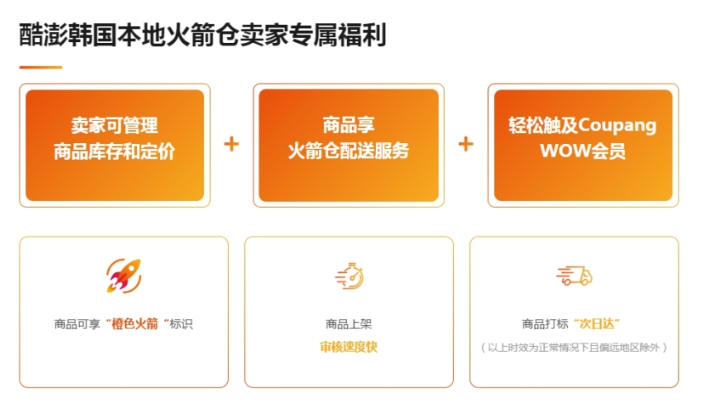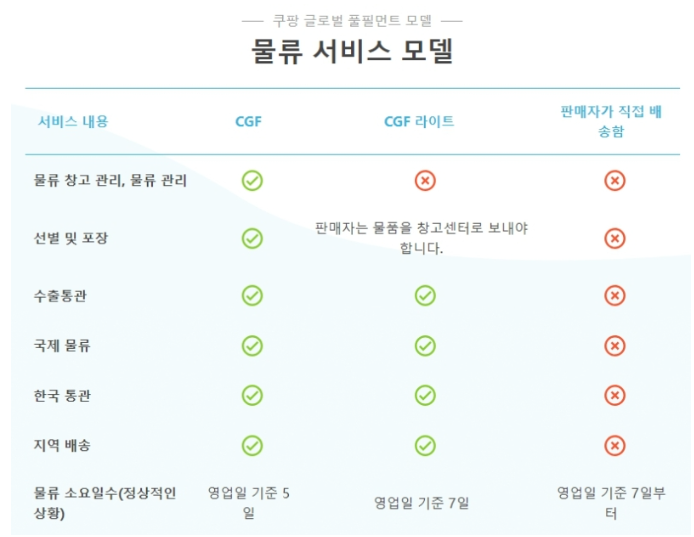News has surfaced that Chinese sellers have started to aggressively target the South Korean market by utilizing Coupang's logistics network. Notably, like Korean sellers, Chinese sellers can now store inventory in Coupang's domestic logistics centers and use Coupang's fulfillment service (Rocket Fresh) for fast logistics, putting Korean sellers on high alert.

Following the release of previous content, new information has emerged. According to several sellers active in China and Korea, Coupang intensified its sales operations for Chinese sellers at the end of last year through its Coupang Global Fulfillment (CGF) program. This move by Coupang, along with various promotions for Chinese sellers, serves as a defensive strategy against the expanding market share of Chinese platforms like AliExpress and Temu, signaling a crisis-like disaster for sellers sourcing Chinese products and competing Korean platforms.
CGF is a service where Coupang provides global logistics services from China to Korea targeting Chinese sellers. It divides into two types: one where inventory is stored in local Chinese warehouses and Coupang handles all logistics including export/import customs and international and local Korean deliveries, and CGF LITE, where sellers ship inventory to Chinese warehouses after receiving customer orders, with Coupang then handling all subsequent logistics. This is akin to Shopee's logistics service for Korean sellers, but provided by Coupang in China.

Sellers report that Coupang has been actively hosting introductory sessions for manufacturers and sellers in China, offering comprehensive consultations and consulting on entering the Korean market, including business registration in Korea and entry into Coupang Marketplace, and using local fulfillment. Additionally, Chinese sellers are offered significantly lower sales commissions compared to domestic sellers as an incentive.
Domestic sellers have been leveraging Coupang's policies in various ways. For instance, sellers with Chinese business entities reduce sales commissions by using CGF, pretending to be Chinese sellers. Even with international shipping costs between Korea and China, fees can be lower than entering the Korean market directly.
Coupang's enhancement of CGF differs from its previous international sourcing methods like Rocket Direct Purchase and Coupang Imports. Rocket Direct Purchase offers categories for various countries, allowing users to buy famous brand products from each nation. Coupang has increased the speed of international logistics by storing inventory in local logistics centers abroad.
Coupang Imports features a tab showcasing products directly imported by Coupang. Unlike Rocket Direct Purchase, which involves slower deliveries from overseas, Coupang directly purchases international goods, stores them in Korean logistics centers, and delivers them within the Rocket Delivery timeline.
Both services primarily focus on brand products, famous or relatively cheap in their respective countries. The U.S. Rocket Direct Purchase store features supplements and food, while the Chinese store is rich in electronics, especially from Xiaomi. Due to the direct purchasing model, unsold inventory risks are borne by Coupang, requiring careful sourcing and limiting category expansion.

